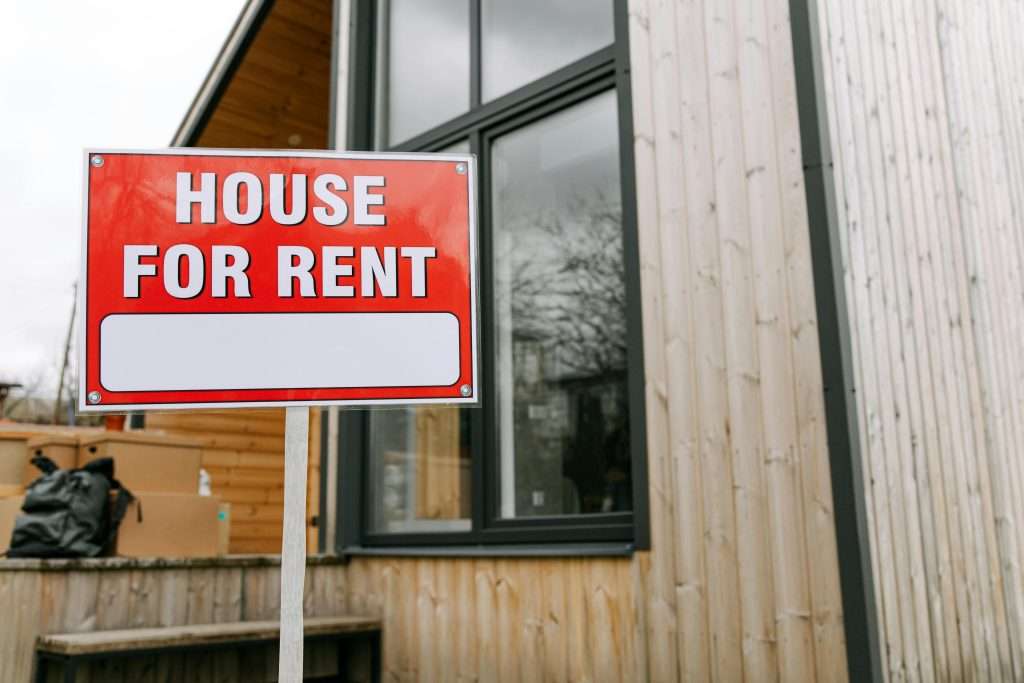Owning rental property sounds like a dream—monthly income, growing value, long-term wealth. But what many landlords don’t realise is how quickly things can go wrong. A burst pipe, a tenant dispute, or even a break-in could wipe out months of rental income. That’s where landlord insurance steps in.
What Exactly Is Landlord Insurance?
Unlike standard home insurance, landlord cover is designed for rented properties. Why? Because risks are higher when tenants live in your property instead of you. Landlord insurance can cover:
- Building structure (walls, roof, fixtures)
- Landlord’s contents (appliances, furniture)
- Loss of rent if tenants can’t stay due to damage
- Liability if a tenant or visitor is injured
It’s not legally required—but financially, it’s essential.
The Biggest Risks Landlords Face
According to UK claims data, 1 in 4 landlords files a claim every year. The most common?
- 🧯 Fire damage from faulty wiring or cooking accidents
- 🚪 Break-ins and vandalism
- 👎 Tenant damage (accidental or malicious)
- 💧 Burst pipes or leaks when properties are left empty
Without the right cover, these events can cost thousands.
Loss of Rent: The Overlooked Safety Net
Imagine your property floods and tenants can’t live there for three months. Standard cover won’t pay your lost rent—but landlord insurance can. That means your mortgage and bills are still covered, even when tenants aren’t paying.
Legal Liability: Protecting Yourself
If a tenant slips on a broken step and sues you, liability cover within landlord insurance steps in. It covers legal fees, court costs, and compensation. Without it, you’d be footing the bill personally.
Optional Extras Worth Considering
- Rent guarantee insurance (covers missed rent payments)
- Alternative accommodation cover (for tenants)
- Unoccupied property cover (if empty between tenants)
Case Study: Why It Matters
One of our clients had tenants who accidentally caused a kitchen fire. Damage totalled over £18,000. Their landlord insurance covered repairs, loss of rent, and even temporary rehousing costs. Without it? They’d have lost a year’s rental income.
How to Save on Landlord Insurance
- Bundle multiple properties into one policy (portfolio insurance)
- Increase voluntary excess to reduce premiums
- Install security features (alarms, locks, CCTV)
- Keep properties well maintained to avoid denied claims
Final Word: Protect Your Investment
Your rental property isn’t just bricks and mortar—it’s a business. Landlord insurance makes sure one accident doesn’t undo years of investment.
👉 Ready to protect your property? Speak to our team for a tailored landlord insurance quote today.



